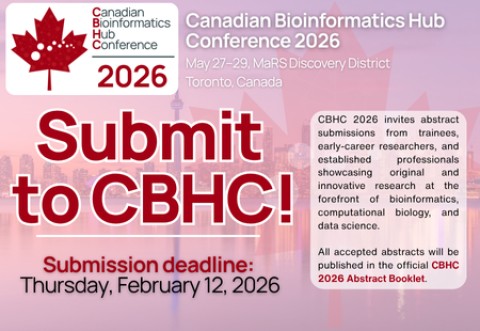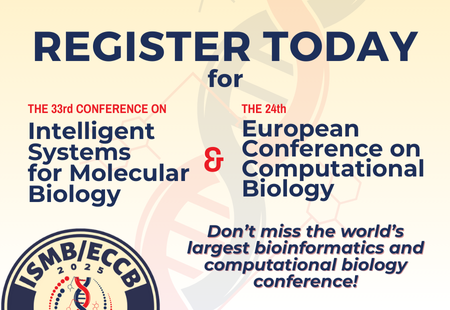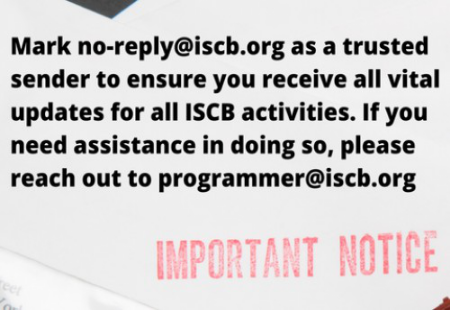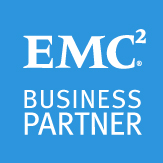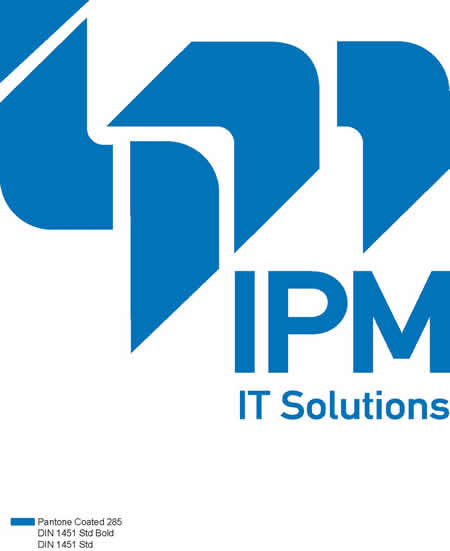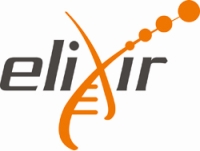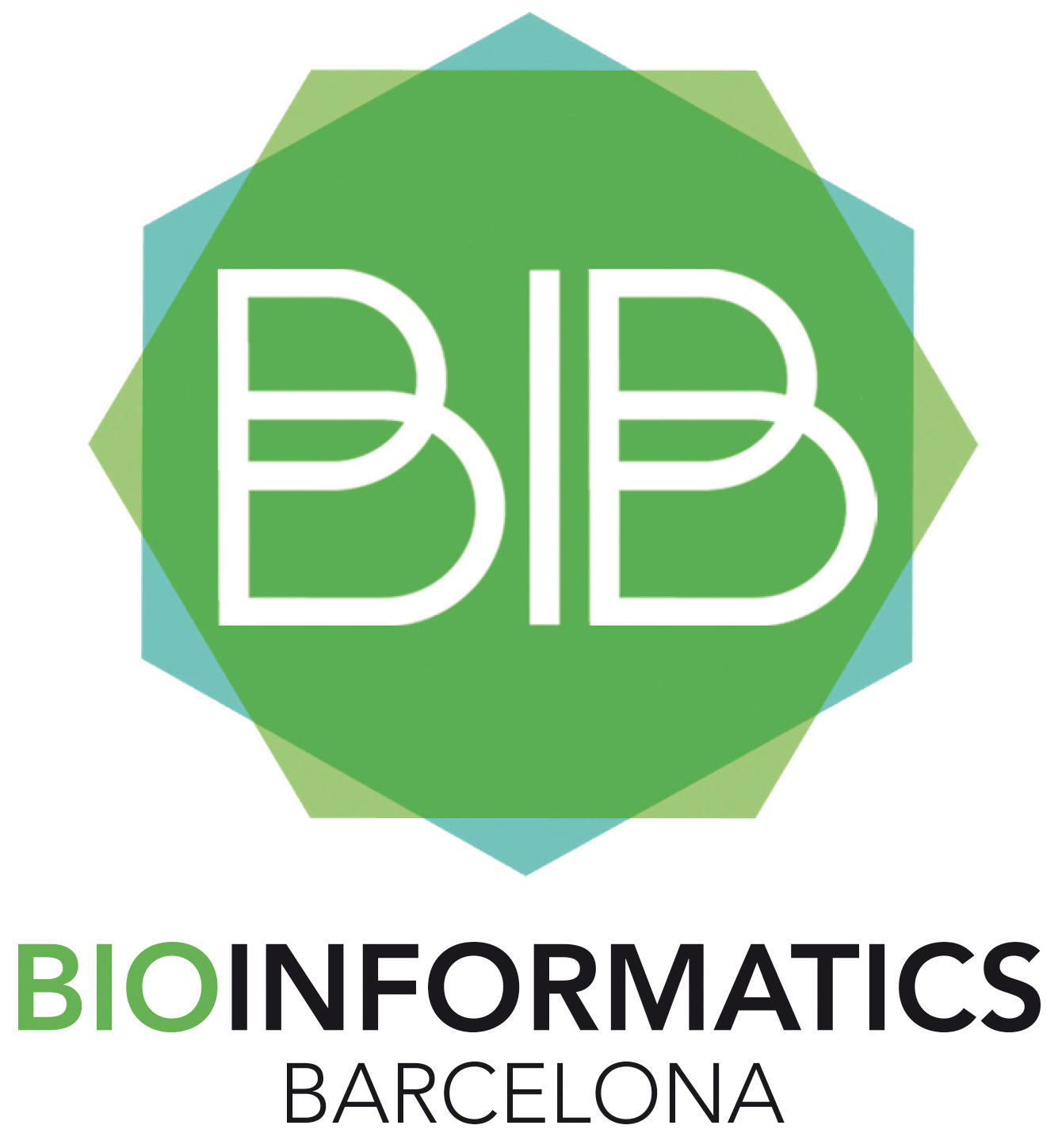TECHNOLOGY TALKS
Tech Talk 1
Make Big Data an Asset not a Burden
Speaker: Dr. Wolfgang Mertz, CTO Life Sciences and Healthcare, EMC Isilon Systems Division
Abstract: NGS is about analyzing a big amount of data. Annotation specifically is not only one of the most data demanding parts of the workflow but also offers the potential to use traditionally coded algorithms in parallel with Hadoop based analysis, also known as Big Data Analysis. This presentation will show how EMC Isilon’s Data Lake helps Bio Scientists to do their work without having to become IT specialists to overcome the data challenges related to the NGS workflow.
CV: Wolfgang holds a PhD on computer aided engineering. In his more than 25 years in the IT industry he held various technical and strategic positions. He focuses on understanding the verticals’ specific processes, needs and applications which he then links to the IT product’s features and capabilities in order to achieve the best results for the customers. In his current role in the EMC ETD CTO Office he specializes mainly on Life Sciences, Healthcare and HPC. Wolfgang also follows the immense transformations IT is currently undergoing; this especially includes the new capabilities data lakes and big data offer.
Click here to learn more about EMC/IPM.
.................................................................
Tech Talk 2
QIAGEN Sample to Insight: An introduction to the QIAGEN Bioinformatics Solutions
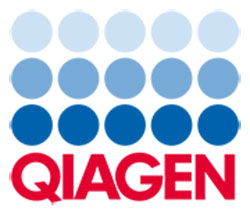
Presenter: Elodie Dubus, Ph.D
Description: Analysis of next generation sequencing data typically requires the use of a range of different open source algorithms and bioinformatics software applications. Particularly making maximum sense of several different datatypes, such as genomic and variant data, transcriptomic and epigenomic data, can be challenging. How can we at QIAGEN Bioinformatics help you with your data analysis workflow? In this presentation we will present our range of bioinformatics solutions that can take you from the assembly of raw NGS reads through to the discovery of clinically relevant variants and/or to the biological interpretation of differentially expressed isoforms. We will particularly highlight here our integrated and user friendly bioinformatics toolbox for the analysis, visualization and interpretation of multi-omics data:
- Biomedical Genomics Workbench - A flexible, scalable and customizable NGS data analysis application.
- Ingenuity® Pathway Analysis- A powerful tool for the analysis, integration, and interpretation of data derived from ‘omics experiments.
- Ingenuity Variant Analysis™ - Designed for variant filtering, prioritization and discovery.
Click here to learn more about QIAGEN
.................................................................
Tech Talk 3
Atos as a Global IT partner for Genomics projects

Presenter: Josema CAVANILLAS, Bull Atos Technologies
To face the demands of an ageing population, the current healthcare system has to evolve towards a sustainable model focused on patient wellness. This “revolution” will only be possible by transferring the breakthroughs from the bench to the bedside yielding as a result the implementation of a new paradigm based on 4 pillars: predictive, preventive, personalized and participatory (P4 Medicine).
In this environment it is needed a catalyser in the described revolution by building a solid technological bridge to allow P4 Medicine to be a reality in few years.
Omics sciences, and in particular genomics, stand out in life sciences field. Genomics has developed at a very high-speed due to the dramatic drop in sequencing costs. When the sequencing costs reaches 100$, the way will be paved for each person’s genome to be sequenced as a part of standard healthcare procedures.
In the coming years, the world will be inundated with individual omics data. Omics avalanche introduces significant sustainability challenges which can only be addressed by means of a blend between Bioinformatics together with Information and Communication Technologies.
To reach these challenges, OMICS (Omics & Medical Integrated Compute System) solutions from Atos overcome the challenges that the translation of genomics to clinical practice possess. The technological bridge that connects cutting-edge genomics with every day healthcare.
Click here to learn more about Atos.
.................................................................
Tech Talk 4
End-to-End RNA-Seq Solutions for Discovery

Presenter: Aida SOLER, Marketing Technical Specialist, ILLUMINA
.................................................................
OP 14
Accurate and Rapid Clinical Whole-Genome Sequence (WGS) Interpretation with VAAST and PHEVOR using Omicia for the UK’s 100,000 Genome Project

Charlene Son Rigby1, Roxanne Diaz1, Andrew Guo1, Anna Lewis1, Marco Falcioni1, Edward S. Kiruluta1, Mark Yandell2, Martin G. Reese1
1Omicia Inc., Oakland, CA, US, 2Department of Human Genetics, University of Utah, Salt Lake City, UT, US
Prioritizing genes in tomorrow’s millions of whole-genome sequences will be a challenging problem. Genomics England has been charged by the NHS to sequence the genomes of 100,000 patients (100,000 Genome Project). The goal is better, earlier diagnosis and personalized care for rare diseases, cancer and infectious diseases. The project started in 2015, and here we report the analysis workflows developed for GeL for the first rare disease cases. These cases were jointly analyzed using the Omicia Opal platform to identify genes and causative variants for rare disease. Proband symptoms are described using Human Phenotype Ontology (HPO) terms.
Omicia’s Opal platform is a comprehensive analysis platform that incorporates variant knowledge from over 90 sources. Variants are prioritized using the VAAST and PHEVOR; algorithms developed in collaboration with the University of Utah. VAAST integrates sequence conservation, genetic consequence, and allele frequency in a probabilistic framework to identify disease-causing alleles. PHEVOR then combines HPO-based patient phenotype descriptions with VAAST results to re-rank the variants for still greater diagnostic power.
We will present our analysis workflow within Opal and explain how it has reduced analysis times for a typical WGS from days to hours. In particular, we have optimized the computational portions of our pipeline, allowing us to process a WGS in less than 30min. Omicia teams created a clinical whole-genome workflow for efficient and accurate, but conservative clinical diagnosis. We will show performance results for VAAST/PHEVOR compared to standard analysis approaches. The talk will give a first look as to what to expect for the remaining 2,000 genomes projected in Phase I of the project - insights that should also prove valuable for large-scale clinical exome and genome projects world-wide.
Click here to learn more about Omicia.
.................................................................
Tech Talk 5
Managing SW-Dependencies with Docker Containers for Large-Scale Bio-Technology Workloads
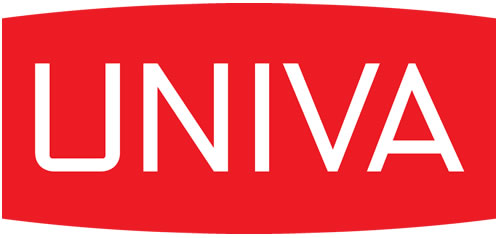
Presenter: Fritz Ferstl, CTO, Univa
Abstract: Container technology, Docker in particular, has driven enormous progress in DevOps environments and in micro-service-based architectures. Yet containers also deliver benefits for other classes of application scenarios such as technical and scientific computing workflows. This presentation showcases a bio-technology workflow which has been containerized in order to address challenges around versioning as well as software layer and system configuration dependencies. The containerized workflow needs to run on a large-scale cluster and thus was integrated with the leading-edge workflow and resource management system driving the cluster. It was possible to prove equitable performance over the non-containerized workflow while yielding much increased flexibility. Furthermore, we will discuss the lessons learnt and the challenges that had to be surpassed to achieve those results. We will also present on-going improvements to the integration and their benefits such as more sophisticated policies as well as advanced workload life-cycle monitoring and control.
Click here to learn more about Univa.
top
![]() CLICK HERE to download the PDF list of poster presentations (updated March 22, 2016).
CLICK HERE to download the PDF list of poster presentations (updated March 22, 2016). 
